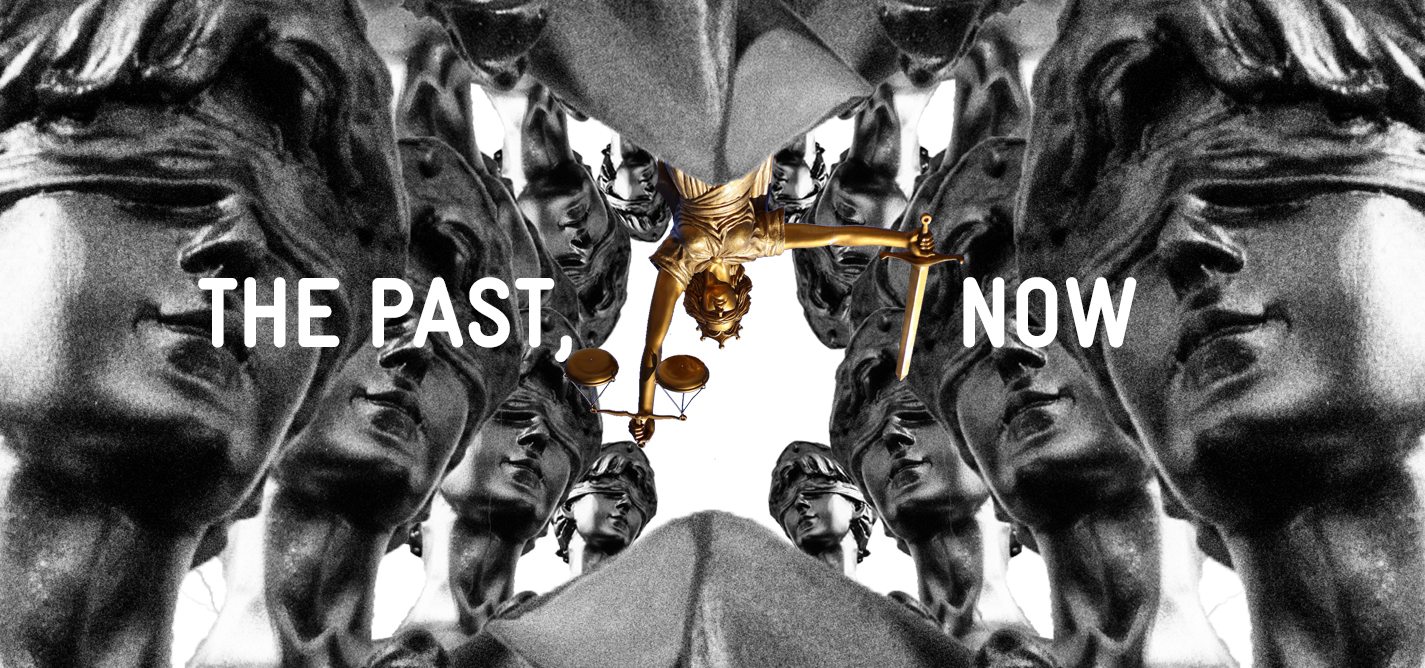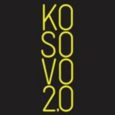Kosovo and Serbia started a process of formal EU-facilitated dialogue in 2011 with the aim of achieving good neighborly relations. More than that, it was also an EU condition for the integration routes for both countries into the European family.
But what started as talks of normalization and integration of communities in both countries, beyond ethnic lines, has now turned into talk of exchanging territories, essentially along ethnic lines — a return to stage zero.
Throughout these seven years, the leaders of both countries have signed 20 specific agreements on technical and political issues. They have included things like the recognition of university diplomas and car number plates, agreements on energy and justice, and even the construction of permanent border-crossing points. There has even been an agreement on the controversial issue of creating an Association of Serb-Majority Municipalities.
Disturbing episodes on each side of the border, often sponsored by the leaders most prominent in the dialogue, Kosovo’s Hashim Thaçi and Serbia’s Aleksander Vučić, have on many occasions contradicted and undermined what was simultaneously being signed and debated in Brussels.
Despite all the stated good intentions and EU-mediation, the implementation of such agreements is also far from desirable, and citizens have manifested their dissatisfaction and disbelief in such a dialogue process, seeing no great impact on their lives.
So, K2.0 asks the question: Is this dialogue contributing to ‘normalization,’ or ‘de-normalization’ of relations between Kosovo and Serbia?
Credits:
Research: Fitim Salihu
Script editors: Cristina Marí, Besa Luci
Language editor: Jack Butcher
Narrator: Jack Butcher
Design and animation: Kokrra
Music: Liburn Jupolli
Sound: Studio 11 Prishtinë
Video editor: Matthieu Jouffre


